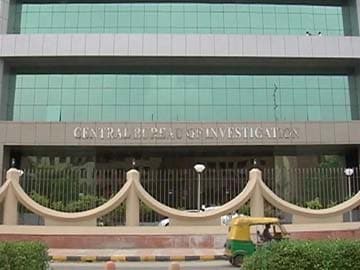
The Centre will move the Supreme Court on Monday seeking a stay on an unprecedented high court order which says that the Central Bureau of Investigation or CBI is "unconstitutional" and does not have powers to investigate crimes.
Here are the 10 latest developments in this story:
The Union of India will file a petition in the Supreme Court on Monday against the Gauhati High Court order, sources in the CBI said on Friday.
The government's main investigating agency stands to lose its powers to probe, file FIRs or First Information Reports, arrest suspects and file charge-sheets after the Gauhati High Court said on Wednesday that the CBI cannot be treated as a police force; it can only conduct "inquiries".
V Narayanswamy, Minister of Department of Personnel and Training (DoPT), held a series of meetings on Friday with Mr Sinha and law officials after the High Court order, sources said. Mr Sinha and his team even met Attorney General Goolam E Vahanvati after which the content of the petition was finalised, sources added.
Unfazed by the Gauhati High Court order, the CBI Director said, "It's business as usual for us and the order will have no bearing on the cases being handled by CBI."
The High Court's order came on a petition challenging a CBI charge-sheet on a Mahanagar Telephone Nigam employee, which ended up questioning the validity of the agency for the first time in its 50-year existence.
The judges said the Union Home Ministry order under which the CBI was set up in 1963 was invalid as police investigations are under a state's purview. The Centre's resolution, they noted, was not even sent to the President and never received his assent.
The court said the Centre had failed to prove that the CBI had been constituted as a special police force under the Delhi Special Police Establishment Act of 1946, from which it derives its powers to investigate.
Legal experts point out that the Supreme Court has, in several judgments, validated the CBI and its authority to investigate cases. In 1997, the top court had said that almost all states had accepted the law that created the CBI, so the agency could investigate crimes in these states.
Citing the Gauhati High Court order, some of the accused in the 2G spectrum scam, including former telecom minister A Raja, on Friday sought a stay on the CBI trial against them. (Read)
Congress leader Sajjan Kumar, who has been named by the CBI in a 1984 anti-Sikh riots case, too has asked a Delhi court to declare as "illegal" the probe and chargesheets filed against him. (Read)

